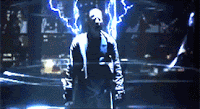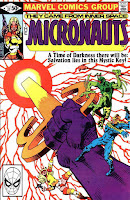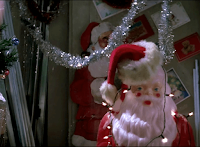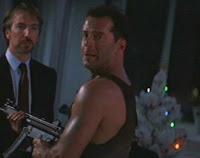I haven’t had to come up with an idea in weeks because all of you keep asking questions. And I’m really grateful because my attention’s been split, like, nine different ways lately so having one task where I’m just being told what to do is kind of relief. Seriously.
That said… we did the Writers Coffeehouse at WonderCon again this year (many thanks to Sarah Kuhn, Stephen Blackmoore, Fonda Lee, and Greg van Eekhout for taking part) and tried to answer a lot of your questions about writing. But after we finished recording, I realized someone had sent a question I hadn’t seen. Probably because social media algorithms tend to be jerks. Anyway, Tomasthanes asked…
”How did you learn how to plot? Did you take a course? Did you work through 50+ spreadsheets? Are you ‘gifted’ and just do it? What does the product of your plotting look like?”
Personally, I think there’s a bit of a mystique element to questions like this. Some of you may remember I’ve talked once or thrice about the difference between the textbook ability to write and the ability to compose a narrative. A simple analogy I’ve used is the difference between being able to cook and being a chef. It’s something I think a lot of us come to realize on some level when we start really examining this whole writing thing in a serious way.
However—and this is just my thoughts on this, don’t take them as gospel truth—I think this realization can also backfire on us for a bit. Some folks assume there must be some specific “pro level” they need to achieve for every aspect and element of writing. They must absorb the life-energies of ten other writers and then they’ll know how to pick the grade-A ideas and create master-class characters and have, I don’t know, gold star spelling ability.
Truth is, most of these skills and tools work the same way on the expert levels. It’s just that those folks have more experience using them. It’s like thinking chefs get some kind of special knife that lets them chop faster or make interesting cuts. It’s not any different than the knives you or I probably have. They’re just more experienced with it and have learned a few tricks that work well for them.
And when it comes to plotting… the truth is, most of us already know how to plot. We learned from comics and cartoons and movies and fairy tales yes maybe even from books (wilder things have happened). We understand the basic chain of cause and effect that makes up every story.
So I don’t think it’s so much learning how to plot. It’s just figuring out how to get better at it. Finding a workout routine that works best for us, whether it be working through 50+ spreadsheets or… something else.
Anyway, here’s an easy something else for you to try.
Think of a story you loved as a kid. Not in the YA range, but more single digit. Maybe it was a book or a comic, possibly a movie or TV show. Something you know you loved.
Here’s the catch—it needs to be something you loved then, but you’ve since revisited and discovered it’s not as great as you remembered. Maybe it feels a little goofy or simplistic now. I mean, it might just be flat-out stupid. A plodding structure, a complete lack of worthwhile challenges, painfully obvious clues for the transparent “mystery.” I bet if you’re the type of person who reads these little rants, you can think of at least one story like that, right?
(I know I can)
So… think about how that story’s bad. Why is it silly or goofy? What would need to change, structure-wise, for it to be better? Something more suited for an older, somewhat more savvy audience?
Does it begin at a good point, or does it need a new one? Is there some sort of antagonist? Should there be? Are there real stakes? If not, what needs to be done to the story to increase them? What did our hero do to accomplish their goals? Were they actually challenged? Is there a satisfying ending? Or at least, satisfying in terms of the story I’m telling?
If you can explain why alongside any of these answers, even better.
A lot of these tweaks will probably also mean making adjustments to my characters. They might need to be a little more complex to justify some of their decisions and actions in the story. And that means they may end up having an arc of some kind, a story, and well, I’ve talked about that feedback loop. Plot pushing story, story driving plot, which lead to the plot again having an effect on the story…
Whoa! Hey, look at that. We’re plotting stuff. Just like the professionals do.
Will this be perfect? No, probably not. Like I said up above, there is an experience aspect to this as well. Some folks might have a knack for it, others may need a little more work, but none of us are going to be phenomenal at it right out of the gate. Maybe not out of our fifth or sixth gate. But it’s not because we don’t know how to do it. It’s just because we’re still figuring out our way of doing it.
And speaking of doing it…
Next week I’ll be trying to finish a huge pitch document for this new project, so I’m probably not going to have a post for you. Unless one of you gives me a really amazing question that I feel compelled to answer as soon as possible. But check in here anyway and I may have a cartoon or quick thought for you.
Then after that… clowns. Probably.
Until then, go write.












